
Researchers are investigating a range of habitats next to farmland to determine their contribution to agricultural productivity and how best to exploit their services.
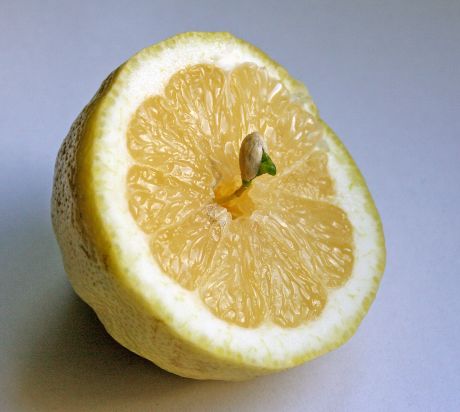
European researchers have investigated a highly significant biochemical process in plants that when modified will improve cropping – glycosylation.

How the EU political system has been able to manage the interests of organised agricultural lobbying groups provides insights into processes of policy creation and reform within the EU.
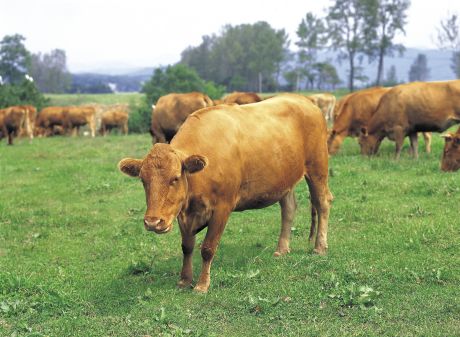
Agriculture faces numerous challenges when it comes to conserving natural resources such as water and phosphorus, and maintaining soil fertility and biodiversity. An EU-funded project will help alleviate environmental problems in crop and livestock production by designing innovative mixed farming systems (MFSs).
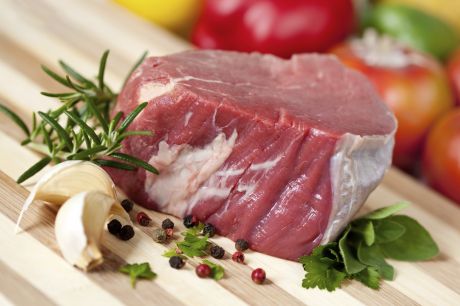
An automated meat quality assessment method may add value to mechanically deboned meat products, by re-classifying them according to their quality.

Nutrition-related diseases are responsible for millions of lost healthy life years. EU-funded research is working to reduce this burden through a study of the interplay and impact of the main drivers of dietary behaviour and food choice.
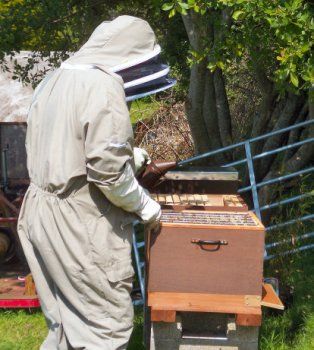
New tools for beekeepers to monitor the health and status of bee colonies remotely may benefit agricultural and honey industries by increasing productivity and pollination.
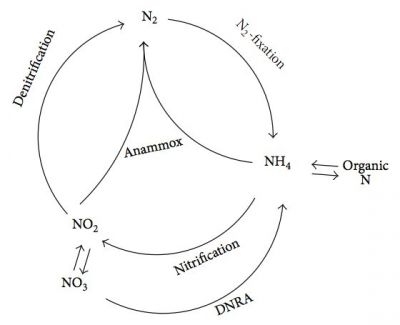
An EU project is investigating how plants in different ecosystems affect nitrogen cycling in the soil of that ecosystem.
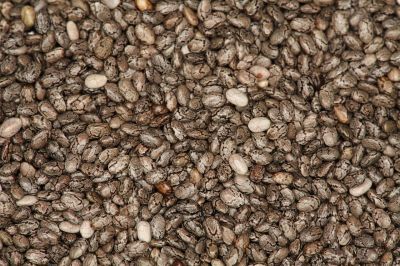
The way in which a plant disperses its seeds is expected to significantly influence its geographic distribution and level of adaptation to the local environment. However, this hypothesis has not been empirically tested nor is it clearly understood why closely related organisms differ in their dispersal behaviour.
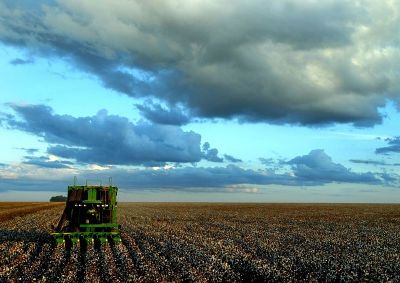
Policymakers rely on predictive models. An EU initiative has developed a comprehensive, tailor-made modelling platform for agriculture that provides a clearer picture of the effects of agricultural policies and uncertainty on farmers and their decisions.
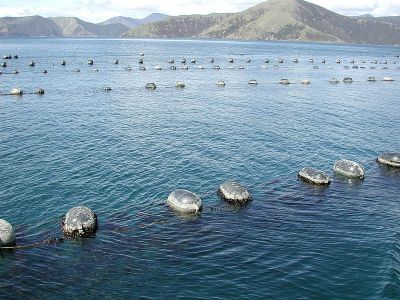
The European mussel industry has been held back by substandard product qualities, which leads to increased wastage. Scientists used new technology and best practices to overcome challenges in the supply chain, thus minimising wastage and improving profitability.
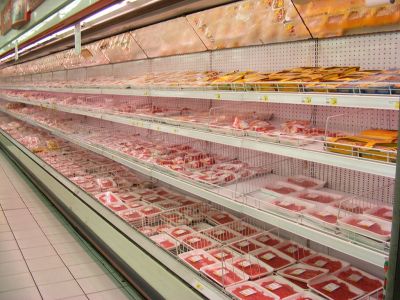
Despite stringent safety and hygiene standards, meat and poultry products can be vehicles for food-borne illnesses. A nine-member EU-funded consortium is developing a new decontamination process for packed meats to ensure meat safety without compromising taste and nutritional content.
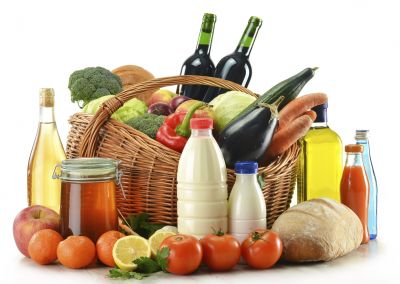
Researchers have developed new technologies to monitor and control food contamination during processing, without compromising taste or nutritional value.

Enriching commonly consumed foods with bioactive ingredients may help promote health and curb disease risk. To support such product innovation, PATHWAY-27 will define best practice from food conception to health impact testing and claims dossiers.
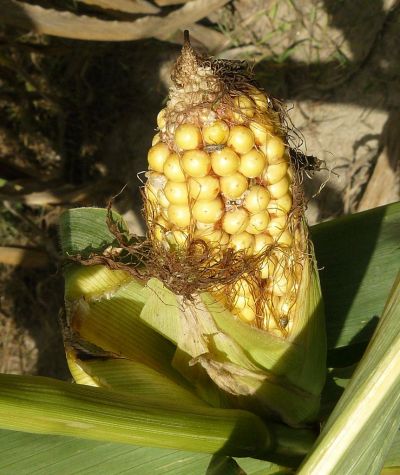
Researchers aim to improve food security by converting inefficient photosynthetic pathways in some food and fuel crops into pathways used by highly productive crops like maize.
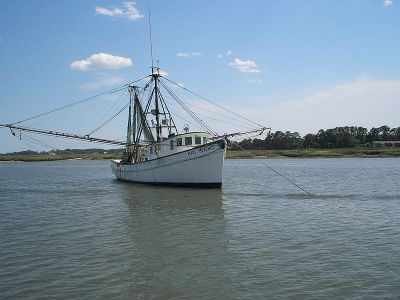
An EU research project worked to develop the evidence base and operational framework needed to make Europe's new ecosystem-based approach to fisheries management work.
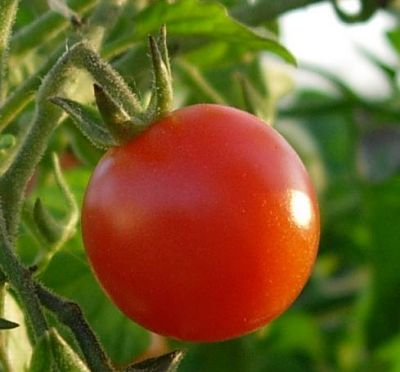
Plants, like animals, have developed immune systems that can recognise and respond to attacks by alien organisms. Beneficial soil-borne microorganisms such as rhizobacteria and Trichoderma species can induce a similar form of systemic immunity called induced systemic resistance (ISR).
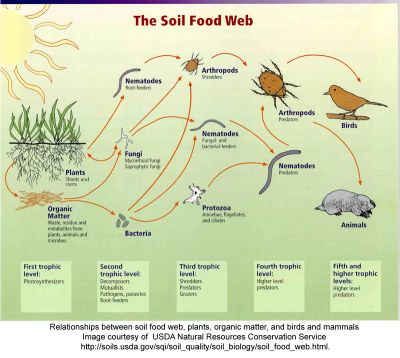
Consumers are becoming increasingly aware that the type of food they choose to buy and where it comes from impacts their health, the environment, local economies and societies. An EU initiative is analysing global and local food supply systems and their performance.
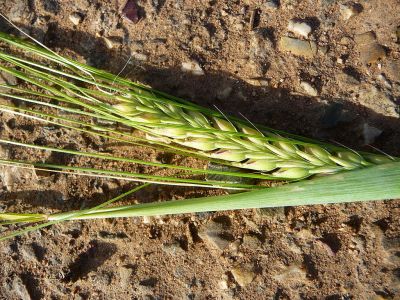
The European Food Safety Authority (EFSA) has recognised the health benefits of barley, from cardiovascular disease and diabetes to high blood pressure and certain types of cancer. An EU initiative is utilising new technology and innovative techniques to increase the availability of healthy foods made of this food grain.
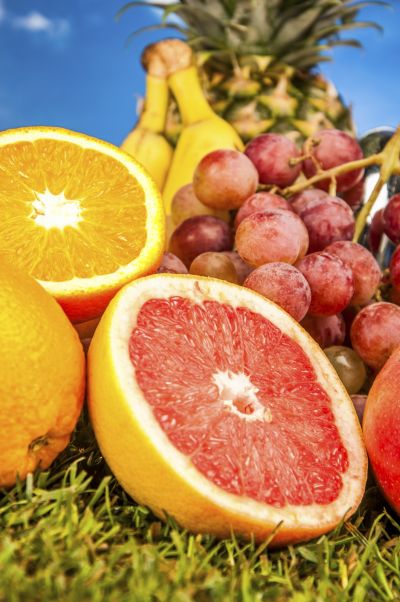
An estimated one third of global food production is not consumed. An EU initiative is working towards a 50 % reduction in EU food waste by 2020.
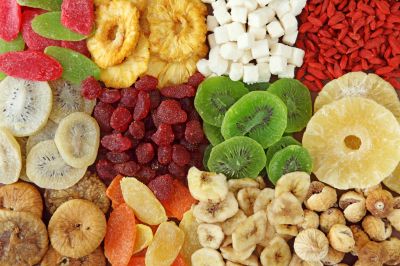
Drying heat-sensitive foods in order to produce high-quality products is a challenge. An EU initiative has delivered a novel food-drying technology to achieve faster drying times and reduced energy consumption.
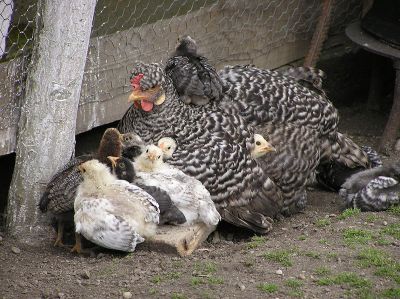
Animal diseases can cause serious social, economic and environmental damage and, in the case of zoonoses, threaten human health. EU funding supported the formation of a global strategic alliance to improve research coordination on these diseases.
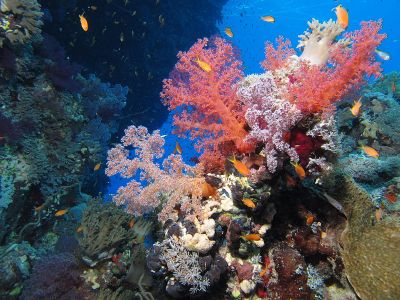
Although approximately 90 % of species found on Earth live in the marine and coastal environments, this vast diversity of life has not been thoroughly explored. By investigating organisms from a wide range of marine locations, scientists can discover new compounds with applications for health, agriculture and various industrial processes.
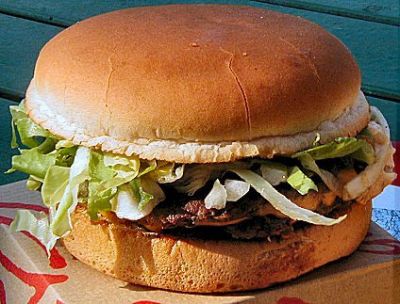
Food preservation techniques can lower quality and nutritional value. An EU initiative has developed novel conservation techniques to increase shelf-life without compromising quality and freshness for a range of foods.

An international research project is collecting genetic data associated with environmental stress in crop plants to help breeders create stronger cultivars.
























